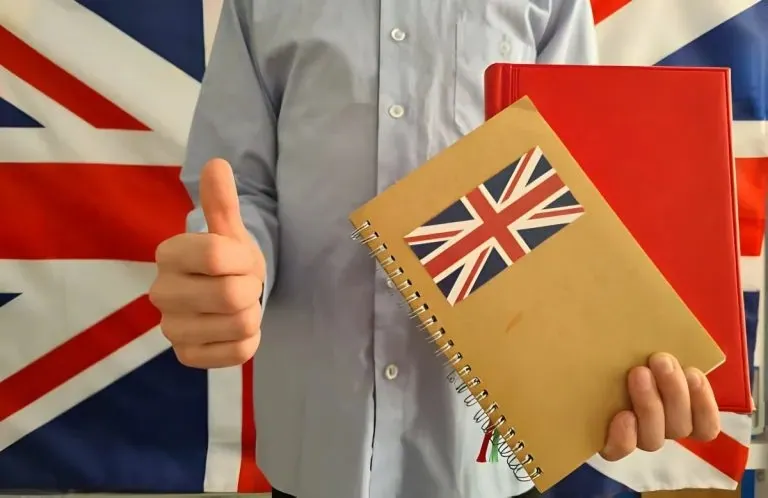Securing a UK Civil Partnership Visa can be a complex process fraught with various challenges. This type of visa allows non-British nationals to enter or remain in the UK based on their Civil Partnership Visa UK citizen or someone who has settled status in the country. Despite the opportunities it offers, applicants often face several hurdles, from meeting eligibility criteria to providing extensive documentation.
Confusion with Visa Types
One common challenge applicants face is confusion between different types of visas, such as the Unmarried Partner Visa UK. This visa is for long-term partners who are not married or in a civil partnership but have lived together for at least two years. Both the Civil Partnership Visa and the Unmarried Partner Visa UK require substantial proof of a genuine and subsisting relationship. For many, gathering sufficient evidence—like joint bank statements, shared utility bills, or photos of the couple together—can be daunting. The rules around what constitutes acceptable evidence can be stringent, and any discrepancies or gaps in documentation can lead to a refusal.
Understanding Related Visas
Another significant challenge involves understanding the requirements for other related visas, such as the Tier 2 Dependent Visa for a child born in the UK. For example, if a couple in a civil partnership has a child born in the UK, that child might need a Tier 2 Dependent Visa if one of the parents is in the UK on a Tier 2 visa. Navigating the specifics of these requirements, especially regarding how they intersect with the Civil Partnership Visa, can be complex. Parents must ensure that all documents, including birth certificates and proof of the parents’ visas and statuses, are in order. Any oversight can delay the application process significantly.
Financial Requirement
Another major hurdle in securing a UK Civil Partnership Visa is meeting the financial requirement. The UK government mandates that applicants and their partners demonstrate a minimum income threshold to ensure they can support themselves without recourse to public funds. As of now, the annual income requirement is £18,600, but this amount increases if there are dependent children. Meeting this threshold can be difficult for some couples, particularly if one partner is not working or if their income fluctuates. Those who are self-employed or have multiple sources of income might find it challenging to present their financial situation clearly to the authorities.
English Language Proficiency
Additionally, the English language requirement is a critical aspect of the application. Applicants must prove their proficiency in English by taking an approved language test, unless they are from a majority English-speaking country or have an academic qualification that was taught in English. Preparing for and passing this test can be another obstacle, particularly for those who do not use English as their first language or have been out of formal education for a long time.
Document Preparation and Submission
The application process itself can be overwhelming due to the sheer volume of paperwork required. Applicants need to provide numerous documents, including valid passports, proof of relationship, financial evidence, and accommodation details. Each document must be in order, and any missing or incorrect information can lead to delays or refusals. For many, the process is further complicated by the need to translate documents that are not originally in English, adding another layer of complexity and potential cost.
Changing Immigration Policies
Immigration rules and policies are subject to change, often without much notice, which adds another layer of difficulty for applicants. Keeping up-to-date with the latest requirements and ensuring compliance can be challenging, especially for those who are not familiar with the legal and bureaucratic landscape. Changes in policy can affect everything from income thresholds to the types of acceptable documentation, making it imperative for applicants to stay informed throughout their application process.
Waiting for a Decision
Even after submitting the application, applicants face the anxiety of waiting for a decision. Processing times can vary, and the uncertainty during this period can be stressful. Applicants may worry about the impact of a potential refusal on their lives and plans. In some cases, they might need to consider reapplying or appealing a decision, which involves additional time, effort, and financial resources.
Legal Assistance and Costs
Legal advice can be invaluable in navigating the complexities of securing a UK Civil Partnership Visa. Immigration solicitors can help applicants understand the requirements, prepare the necessary documents, and ensure that their applications are as robust as possible. However, professional legal assistance can be costly, and not all applicants can afford it, adding another layer of difficulty for some.
In conclusion, while the UK Civil Partnership Visa offers a pathway for couples to live together in the UK, the application process is fraught with challenges. From meeting financial and language requirements to gathering extensive documentation and staying abreast of changing immigration policies, applicants must navigate numerous hurdles. Understanding related visas like the Unmarried Partner Visa UK and the Tier 2 Dependent Visa for a child born in the UK can add to the complexity. Seeking professional legal advice, staying informed about policy changes, and meticulously preparing the application can help alleviate some of these challenges and improve the chances of a successful outcome.







